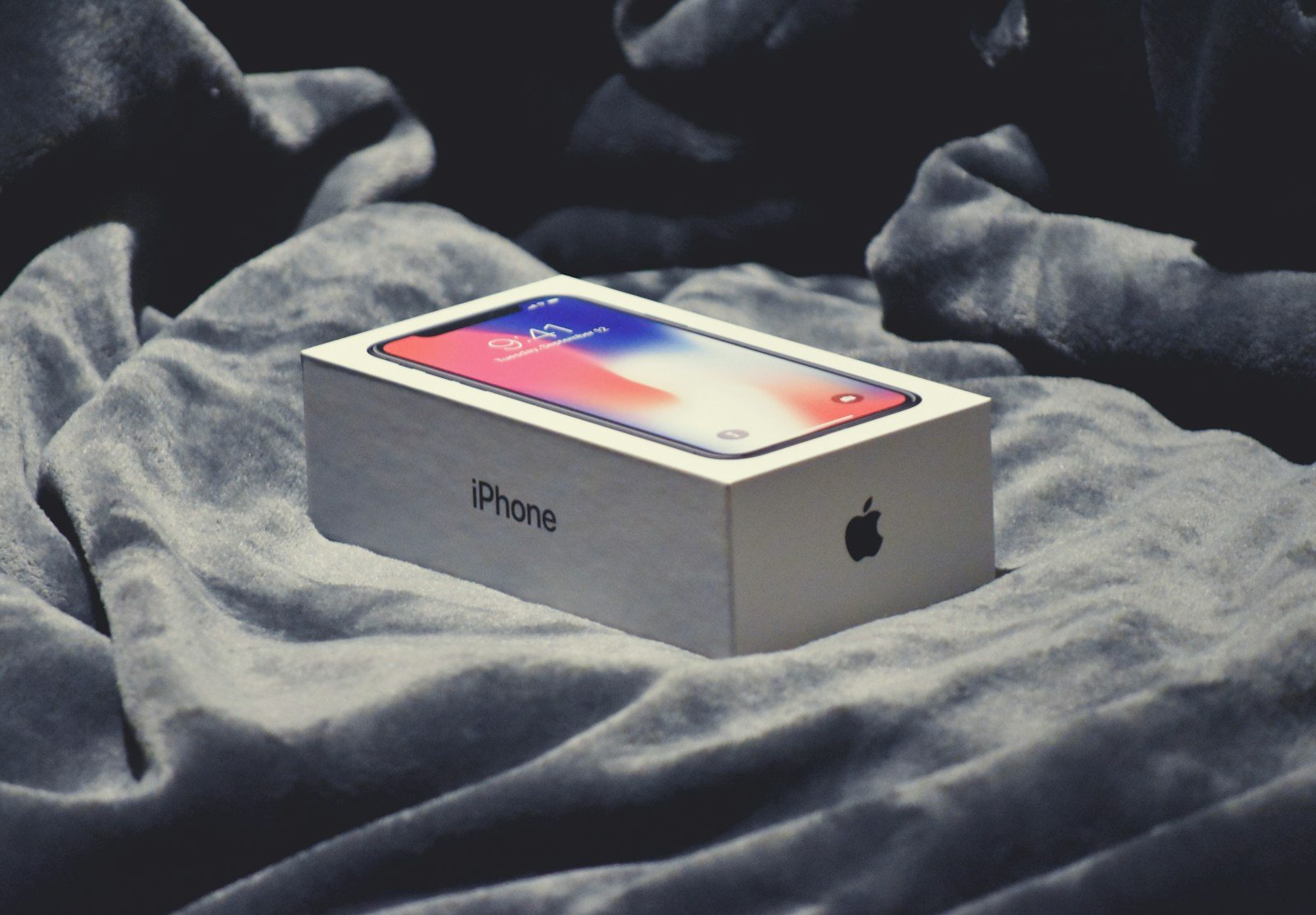Deciding when to get a new phone can depend on various factors. If the current smartphone tends to be slow, unable to run new apps, or has a damaged screen or battery that affects performance, these are clear signs one might need an upgrade. Technology advances rapidly, and what was cutting-edge a few years ago may now struggle with the demands of modern apps and updates.
Before rushing to purchase a new device, it’s important to consider whether the current phone still meets personal and professional needs. If it does, sticking with it could be the more economical choice. Often, a simple battery replacement or screen repair, which are relatively affordable solutions, can extend the lifespan of a smartphone.
A Guide to Evaluating the Need for an Upgrade
Smartphones are central to our daily lives, but upgrading too often can be costly, while holding onto an outdated device can limit performance, security, and usability. This guide will help you assess whether it’s time for a new phone or if your current one can still serve you well.
1. Performance & Speed
- Signs you may need an upgrade:
- Apps load slowly or crash frequently
- Multitasking feels sluggish
- Games and newer apps don’t run properly
- Possible fixes before upgrading:
- Clear storage, update software, or reset the phone
2. Battery Life
- Upgrade if:
- Your phone dies before midday despite light use
- Charging takes unusually long
- Alternative:
- A battery replacement is often cheaper than buying a new phone
3. Software & Security Updates
- Upgrade if:
- Your phone no longer receives Android/iOS updates or security patches
- Important apps stop supporting your OS
- Why it matters:
- Outdated software leaves you vulnerable to security risks and app incompatibility
4. Camera Quality
- Upgrade if:
- Photos and videos no longer meet your needs (e.g., poor low-light shots, lack of stabilization, outdated features)
- Consider:
- If photography is important to you, modern budget and mid-range phones now offer excellent cameras compared to older flagships
5. Storage & Connectivity
- Upgrade if:
- You constantly run out of space, even after deleting apps/files
- Your phone lacks modern features (5G, Wi-Fi 6, NFC, faster charging) that you need
6. Physical Condition
- Upgrade if:
- Cracks, broken buttons, or water damage affect usability
- Alternative:
- If repairs are affordable, fixing may extend your phone’s life
7. Lifestyle & Needs
- Upgrade if:
- Your work, hobbies, or studies demand better performance (e.g., video editing, mobile gaming, or productivity apps)
- Hold off if:
- Your current phone still handles calls, messaging, browsing, and light apps just fine
Decision Table
| Factor | Keep Current Phone | Consider Repair | Upgrade Recommended |
|---|---|---|---|
| Performance | Smooth & reliable | Minor lag | Frequent crashes/slow |
| Battery | Lasts all day | Replace battery | Dies quickly |
| Software Support | Still updated | – | No updates/security |
| Camera | Meets your needs | – | Poor quality/outdated |
| Storage & Features | Enough space/features | Expandable storage | Constantly full, lacks 5G/NFC |
| Physical Condition | Good shape | Repairable damage | Severe/unfixable damage |
Final Thoughts
- Stick with your current phone if it’s still fast, secure, and meets your daily needs.
- Repair instead of replace if the main issue is battery or minor damage.
- Upgrade if performance, security, or usability issues significantly impact your daily life.
👉 The best upgrade decision balances need, budget, and timing. If your phone is still functional, waiting until the next major release cycle can often get you more value for your money.
Key Takeaways
- Performance issues and damages often indicate it’s time for a new phone.
- Advancements in technology can make older phones outdated.
- Assessing if the current phone meets needs can prevent unnecessary upgrades.
Evaluating Your Current Phone and Needs
When considering a new phone, a person should assess their current device’s performance, new technology, personal budget, and preferences for features and design.
Assessing Phone Performance and Lifespan
Most phones work well for 2 to 3 years. It’s time for a new device if the old one starts to lag or crash. Battery health is key. A dying battery that doesn’t hold charge means the phone’s life is likely ending.
Considering Software and Security Updates
The safety of a phone depends on regular updates. For Android phones, like the Samsung Galaxy S24, this means the latest Android 14 OS updates are a must. iPhone users should have the current iOS for security and software features.
Identifying New Features and Technology
New phones have advanced cameras, faster processors, and better displays. A good camera system might have portrait mode and night sight. Phones like iPhone 15 and Google Pixel 8 add features like wireless charging and AI advances.
Analyzing Budget and Upgrade Options
Some folks want a premium phone like an iPhone 15 Pro or a Samsung Galaxy S24 Ultra, but options like a midrange Google Pixel 7a offer value. Decide if an upgrade fits the budget before considering a foldable phone or other high-end devices.
Comparing Smartphone Brands and Models
Brands like Apple, Samsung, and Google offer a variety of smartphones. A Samsung Galaxy might shine with its display while an iPhone impresses with its ecosystem of devices. Models vary so a comparison is vital to find the best phone.
Deciding on Design and Build Quality
Design matters in phones. Whether it’s a foldable screen or a sturdy titanium frame, build quality can affect longevity and satisfaction. Companies often use premium materials to set their phones apart from cheap ones.
Understanding Connectivity and Network Options
Today’s phones often support 5G. This can change how fast a phone works online. It’s important to check if a new phone allows these faster speeds and better connections, especially in areas where 5G is available.
Additional Considerations for a New Phone
It isn’t just about the tech specs. Consider ease of use features like audio widgets or software tools like Magic Eraser. Things like USB-C ports add convenience. Choose wisely to ensure a phone meets all needs.







